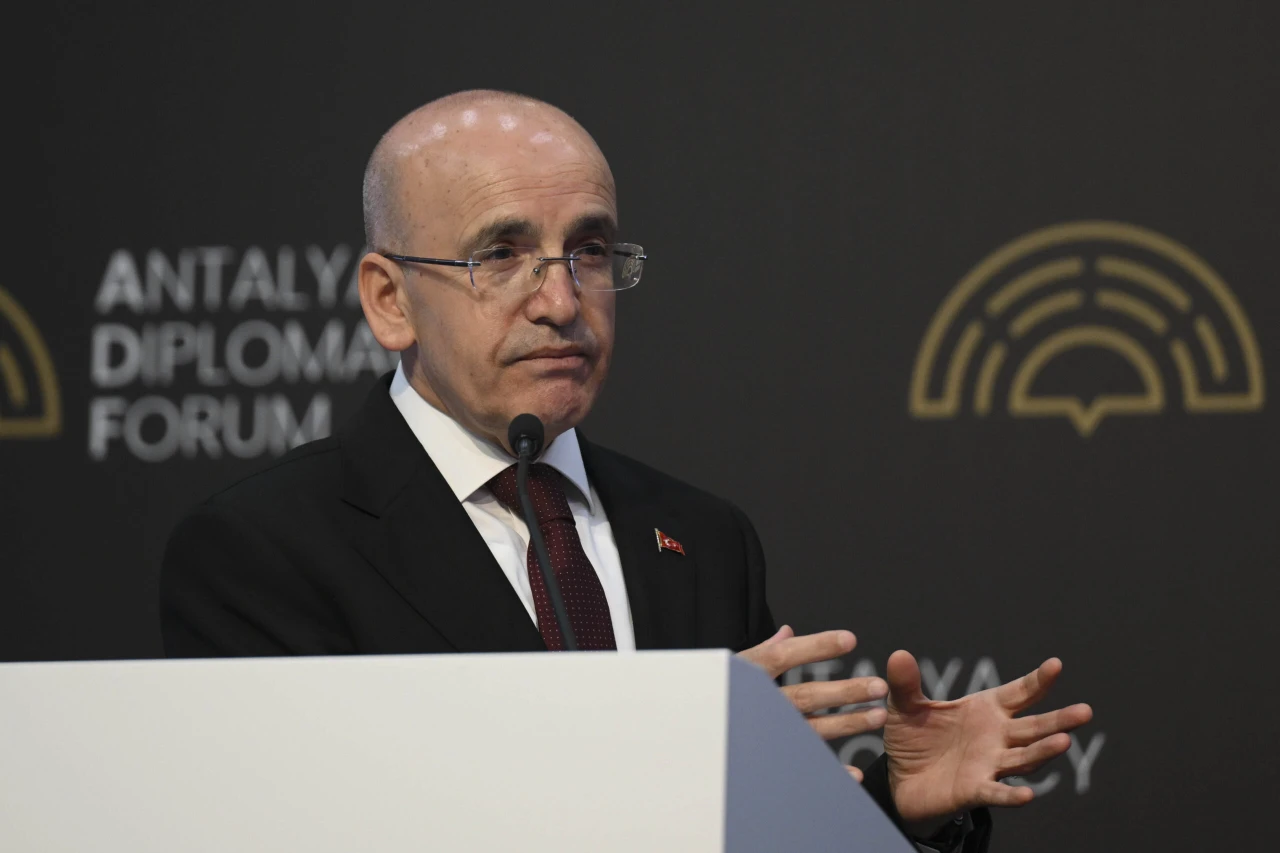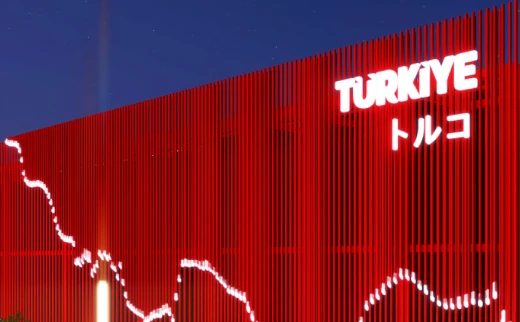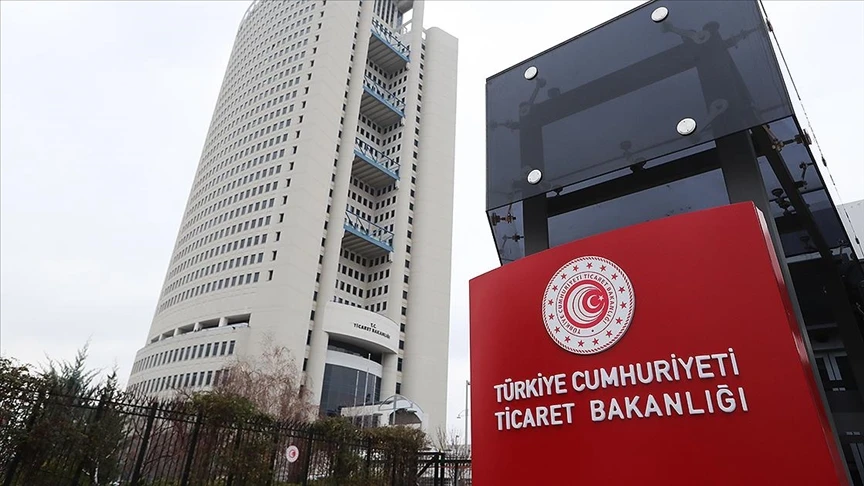Greece postpones underwater cable project amid Turkish opposition
 The image shows underwater submarine cables or telecommunication cables lying on the ocean floor, accessed on 12 April, 2025. (Photo via telecomreviewafrica)
The image shows underwater submarine cables or telecommunication cables lying on the ocean floor, accessed on 12 April, 2025. (Photo via telecomreviewafrica)
Greece has postponed the installation of an underwater electrical cable in the southern Aegean Sea for the second time in six weeks, reportedly calculating potential reactions from Ankara regarding the project that would traverse areas Türkiye claims as its maritime jurisdiction.
According to Greek media reports, several factors influenced the latest delay, including U.S. President Donald Trump’s praise of President Recep Tayyip Erdogan during a meeting with Israeli Prime Minister Benjamin Netanyahu, as well as statements from Türkiye’s Ministry of National Defense asserting the country’s resolve.
US-Israel relations factor into regional energy dynamics
The Greek capital has been awash with speculation for two weeks that the Italian vessel “NG Worker” was set to begin laying underwater electrical cables between the islands of Kasos and Karpathos as part of the Greece-Cyprus-Israel electrical interconnection project. Parts of the planned route would cross maritime zones claimed by Türkiye.
Leading Greek newspapers and television stations had been reporting for days that a navigational warning (Navtex) for the project was imminent, claiming the Greek armed forces were “prepared for all scenarios.”
However, the crisis atmosphere in Athens suddenly shifted in recent days. Foreign Minister Giorgos Gerapetritis avoided specifying a timeline, saying only that the project “will be implemented in a suitable timeframe,” as references to the expected Navtex disappeared from news coverage. Some Greek media outlets criticized the government for “stepping back” or “miscalculating the timing.”
Turkish officials reaffirm stance on maritime jurisdiction rights
Before the postponement, sources from Türkiye’s Ministry of National Defense had issued a stern warning to Athens: “It is not possible to persistently pursue provocative projects lacking feasibility in the Eastern Mediterranean that are planned by Greece, the Greek Cypriot Administration, and third parties to pass through our maritime jurisdiction areas without Türkiye’s consent, ignoring the presence of Türkiye and the Turkish Republic of Northern Cyprus in the region with maximalist demands.”
“Our stance against such behaviors that disregard our rights and interests remains unchanged. We will continue to do exactly what we have done before. There is no point in persisting on this matter,” the ministry sources added.
This marks the second postponement of the project, suggesting ongoing diplomatic tensions between the two neighboring NATO members over maritime boundaries in the eastern Mediterranean.



